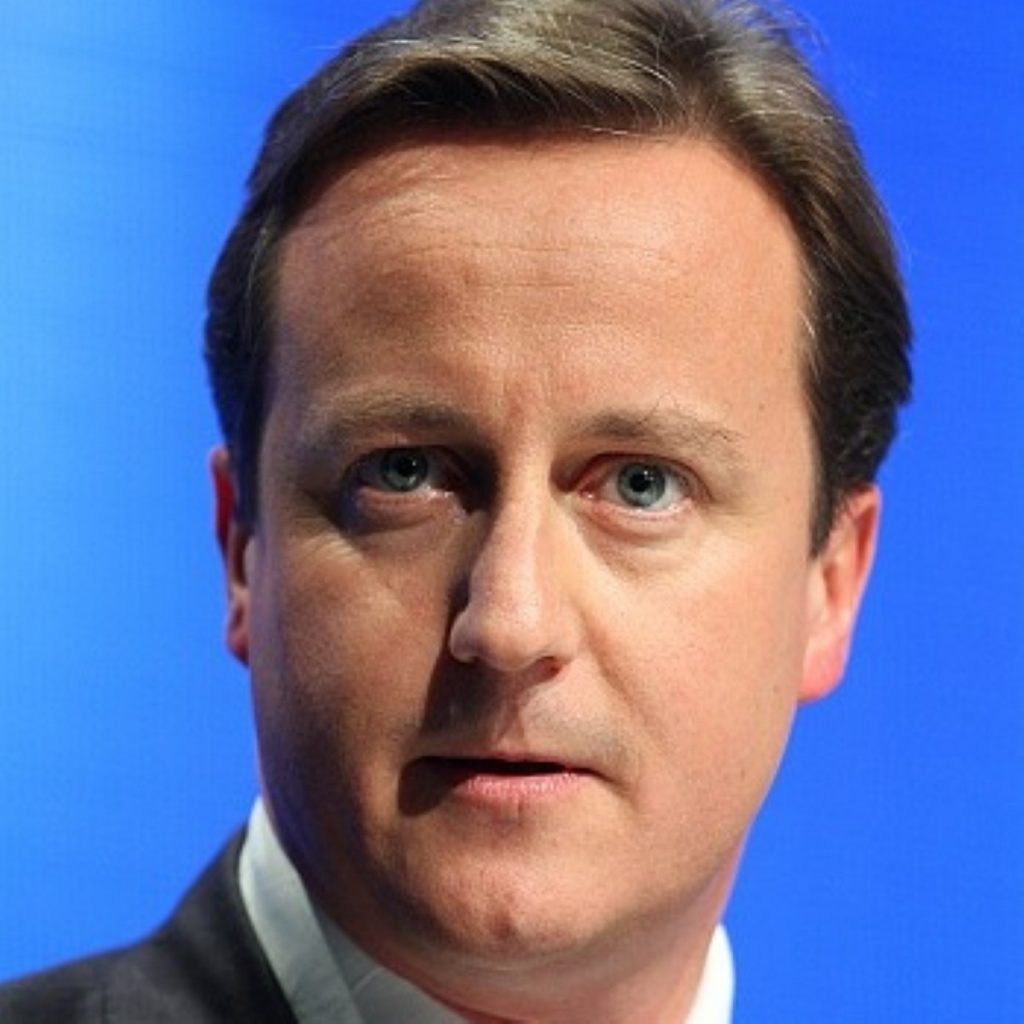Analysis: PM’s diplomatic triumph opens up new Libyan pitfalls
Britain’s approach to the Libyan crisis has been one of unremitting enthusiasm for intervention. So far, at least, it has been astonishingly successful.
The plaudits have been pouring on the prime minister. This morning’s Commons statement was met with effusive congratulations on a very British coup. For in the face of a wobbling US and a Germany set against intervention, intensive diplomacy from the UK and France has paid off.
When first raised the suggestion of a no-fly zone seemed so ambitious as to be unrealistic. Downing Street was forced into retreat as prospects for the possibility began to fade. Had David Cameron overplayed his hand? One week later, and it’s now clear the answer is a straightforward ‘no’. Ed Miliband told MPs he “applauds” the prime minister. When the leader of the opposition has nothing but praise, you know you’re doing something right.


The implications for the Cameron premiership are significant. Prime ministers tend to be defined by their impact on the global stage. It can make them – as with Margaret Thatcher and the Falklands – or break them, as the Iraq invasion did to Tony Blair’s political capital. So far Cameron’s foreign policy has been defined by a blunt-edged commercialism, unsentimental and ruthless. Now the money motivation has been replaced by a humanitarian one. Yet, in the first flush of his diplomatic triumph, the prime minister should be careful.
Even as the turmoil which triggered this decision erupted across the Middle East, the Iraq inquiry panel has been quietly preparing its final report on the 2003 ousting of Saddam Hussein. Thousands of pages of documents have been sifted through, and hundreds of hours of witnesses’ evidence listened to, on the run-up to military action. Even before the lessons the Iraq inquiry holds have been made public, decisions about Britain’s next major intervention are being taken now. Are we to look back on this as the first step into another mire of unresolved conflict, another Afghanistan, another Iraq?
No one can say for certain, for there are so many question-marks about what will come next in Libya as to be almost overwhelming. First comes the response of the Gaddafi regime, which has said it is implementing a ceasefire. That’s laughable to many on the ground, but will need to be investigated. It complicates the implementation of the no-fly zone, which in logistical terms is already quite complex enough. Then there is the question of the extent to which it affects the dynamic of the conflict currently being fought between rebel forces holding out in Benghazi and those loyal to Muammar Gaddafi. Will a stalemate develop – and if so, what other “necessary means” will be used to end the Libyan colonel’s rule? Cameron suggested sending in an African Union force. In these circumstances, nothing is certain. The strategic goal is Gaddafi’s removal. How long will that really take – and how far will the international community have to go to secure it?
The frowns on the faces of the coalition Cabinet members seated on the frontbench this morning indicate they appreciate the gravity of the choice being made. Libya, they are certain, is not Iraq. It’s not when it comes to the justification for the intervention. But there are similarities when it comes to the aims of the international coalition. There is no certainty that will be over soon.
Still, the announcement of a ceasefire may offer the way out for the coalition. The UN will have notched up an early success if it prevents fighting. It is one part of the resolution’s wider agenda of placing pressure on Tripoli, and by so doing persuading him to step aside. The defiant statements, the swagger of the man, and his four-decade long record of staying power all show he is going to be a tough nut to crack, however. The longer Gaddafi stays defiant, the more unknowns will have to be faced by the world, Britain, the Cabinet and David Cameron.

